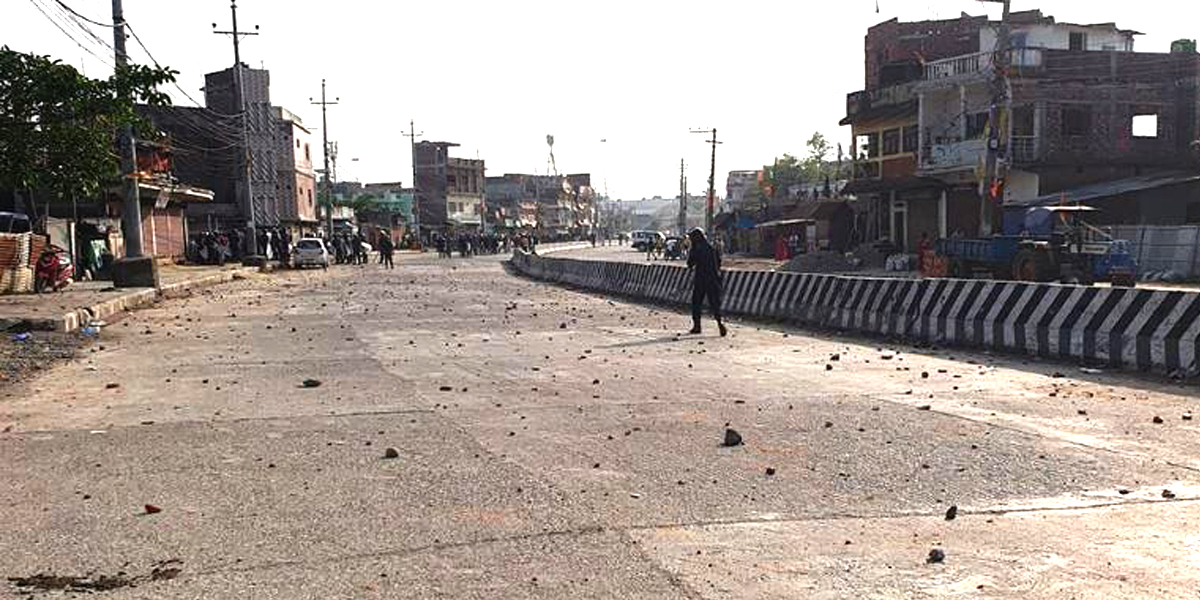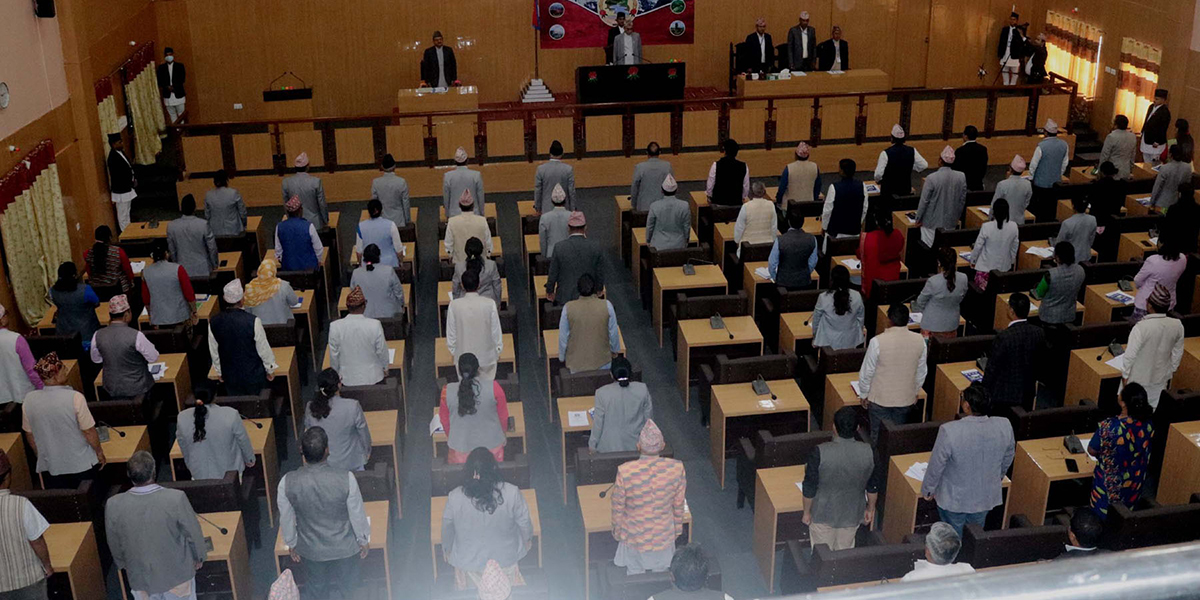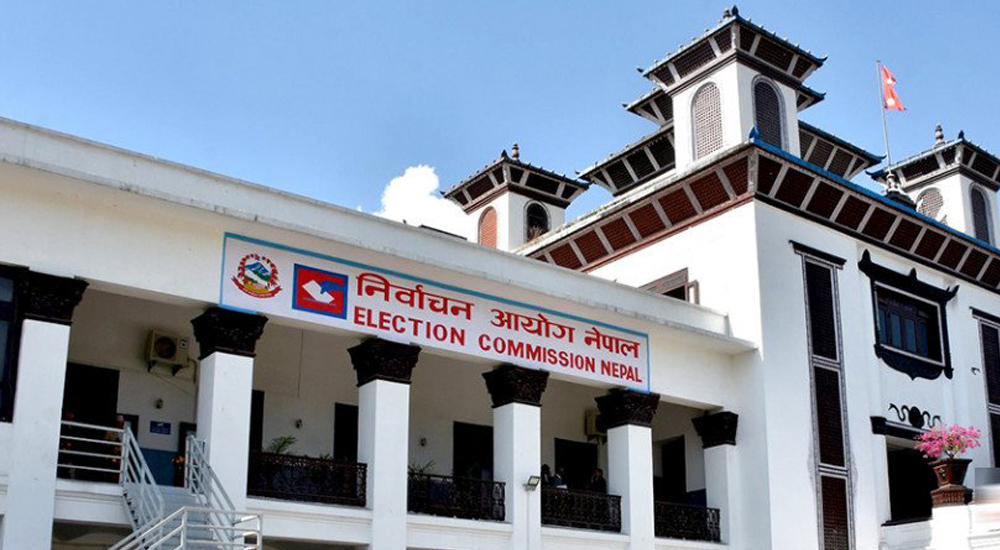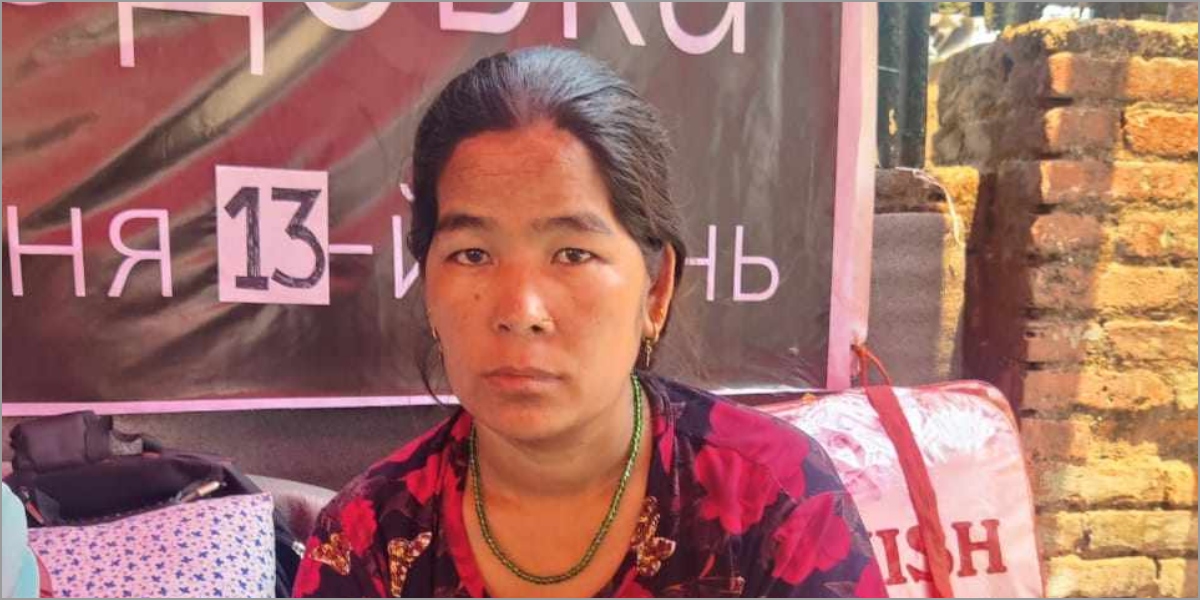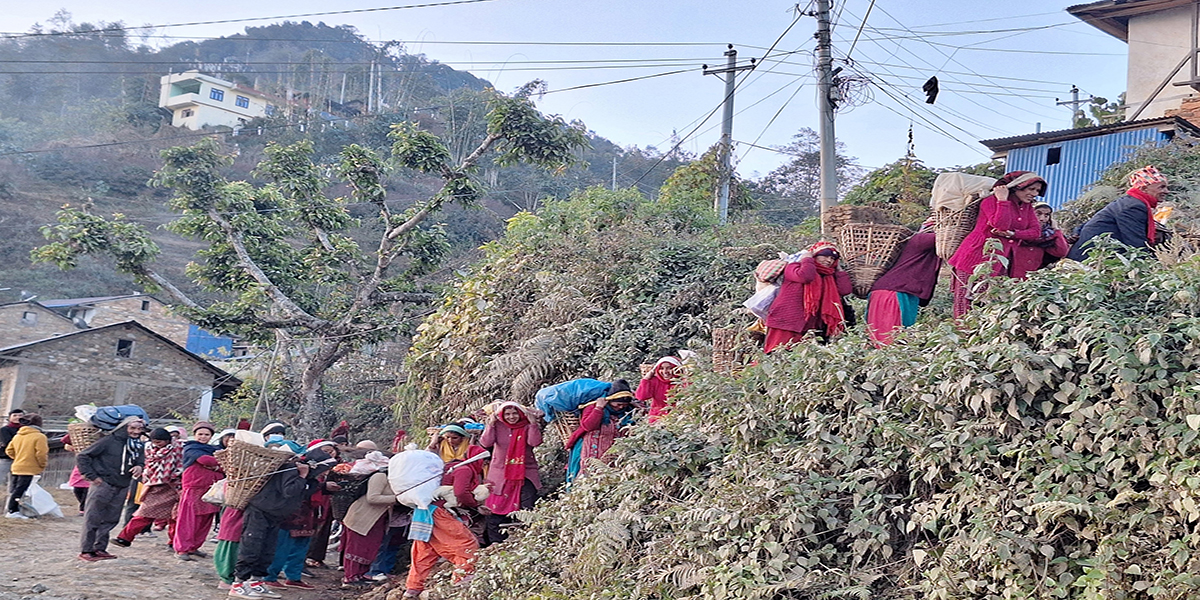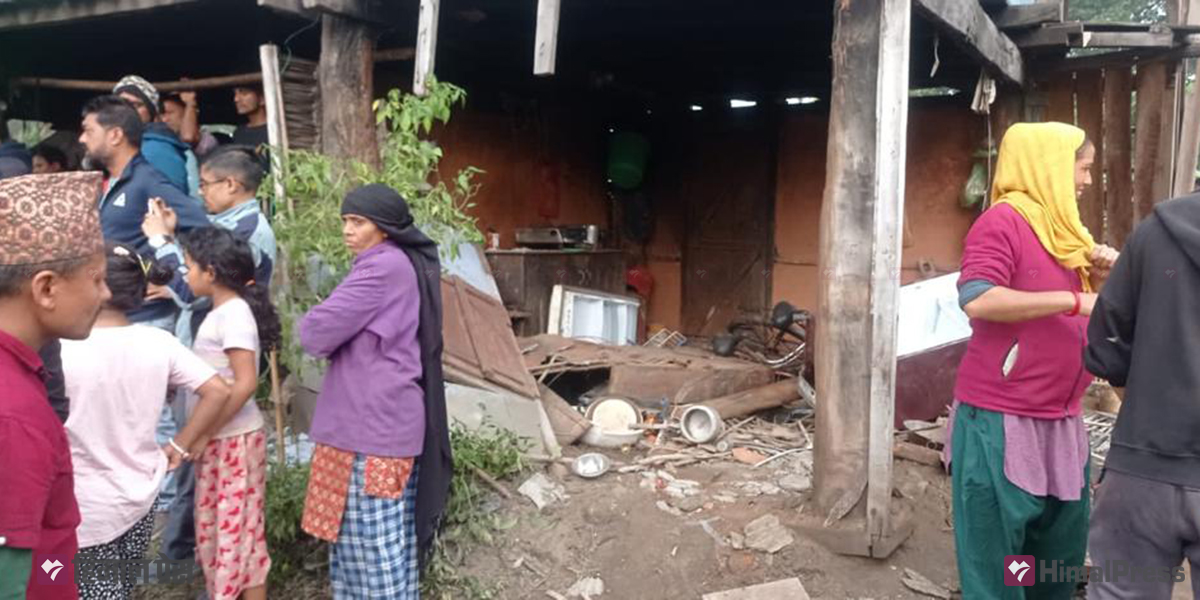 A house damaged by elephants in Belbari of Morang. Photo: Himal Press
A house damaged by elephants in Belbari of Morang. Photo: Himal Press
ITAHARI: On November 21, 72-year-old Padmalal Tamang, a resident of the Bhutanese refugee camp in Beldangi, Jhapa, lost his life in an encounter with an elephant. The incident occurred in the Hamse-Dumse Community Forest just outside the camp.
In another unfortunate incident on November 29 in Sunsari’s Itahari-2, Ravin Khadka fell victim to an elephant attack. Khadka, along with fellow villagers, was pursuing a herd of elephants that had entered their settlement from the Charkoshe Jhadi forest when an elephant attacked him.
Three days later, on December 2, Dhan Bahadur Ban (40), a security guard at Ranakali Community Forest in Haldibari-3 of Jhapa, met a tragic end in a similar elephant attack. A wild elephant from a nearby forest trampled him to death.
In a separate incident, Kamal Majhi of Letang in Belbari-3 of Morang lost his life when a wild elephant attacked him while he was riding his bicycle in Bhaunne, Belbari-10, on December 4.
The Koshi Province has witnessed four fatalities from elephant attacks within just two weeks. Beyond the loss of human lives, these tuskers have caused significant damage to crops and physical properties. Most of the incidents have occurred during the morning or evening hours.
Birendra Gautam, chief of the Koshi Conservation Center of the National Trust for Nature Conservation (NTNC), attributed the increasing incidents of human-elephant conflict to the fragmentation of elephant habitats due to rapid urbanization.
According to Gautam, the majority of damages occur when individuals inadvertently provoke elephants due to a lack of understanding of their behavior. “Approaching elephants, teasing, and disturbing them should be avoided,” Gautam emphasized. “With awareness, we can effectively prevent the loss of both life and property in elephant attacks.”
Gautam said that many elephant attacks result from errors made by people while attempting to chase elephants away to protect their crops.
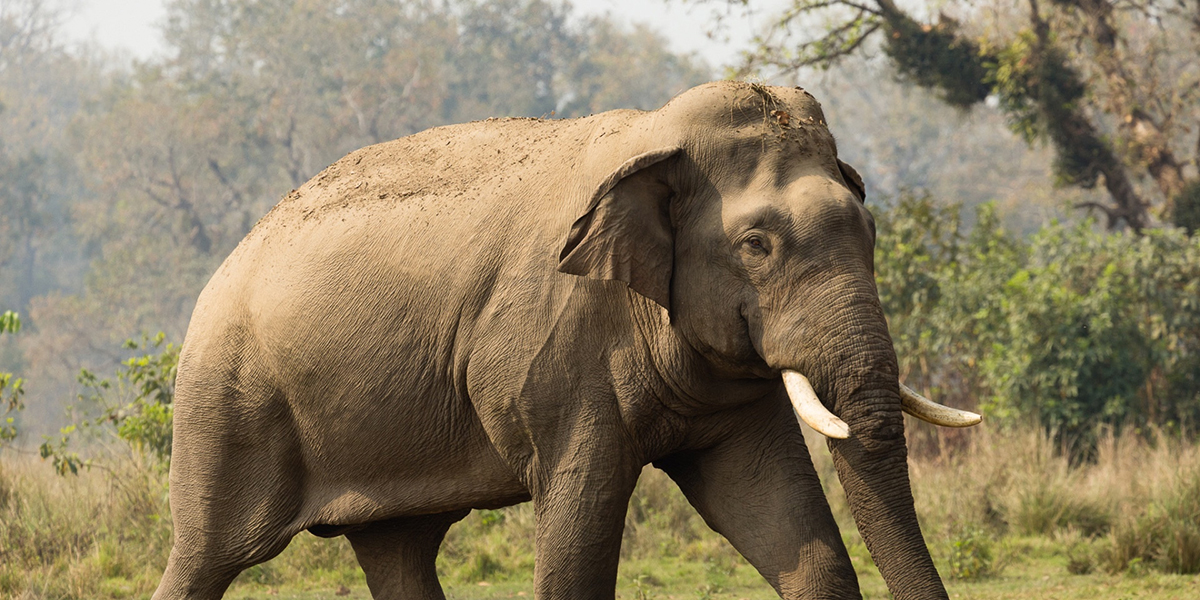
As winter sets in, elephants often encroach upon human settlements because their traditional routes have been disrupted by urbanization. “The herds venture into farm areas in search of easily accessible food,” explained Gautam. “Since the state compensates farmers for crop losses, individuals should not endanger their lives.”
Gautam advised residents of villages near forests to exercise caution, particularly during the foggy winter months. “Since winter months are foggy and visibility is less, people don’t see elephants until they are very close. This can intimidate elephants,” he said. “Elephants see people entering forests as an infringement of their area and chase them.”
He cautioned against approaching elephants closely during attempts to chase them away. “They can run fast over short distances. People should be aware of this fact,” he added.
Gautam also said that elephants locate food primarily through their sense of smell. “If they are not disturbed, elephants usually return to their habitats. However, if they find food, they may stay for an extended period,” he said. “In the event of an attack, especially if elephants are injured, the consequences can be fatal.”
In various parts of Sunsari, Jhapa, and Morang, a herd of more than two dozen elephants is causing havoc, creating disturbances, and damaging homes and crops. Tej Bahadur Dahal from Belbari-10 informed that the local residents were spending sleepless nights trying to ward off the elephants.
A herd of elephants a few days ago damaged the houses of Rabin Niraula and Tirtha Bahadur Dahal.
Ganga Bahadur Yakkha, ward chairman of Belbari-10, said that elephants have damaged corn and banana crops in scores of bighas of land in Belbari-8 and 10.




